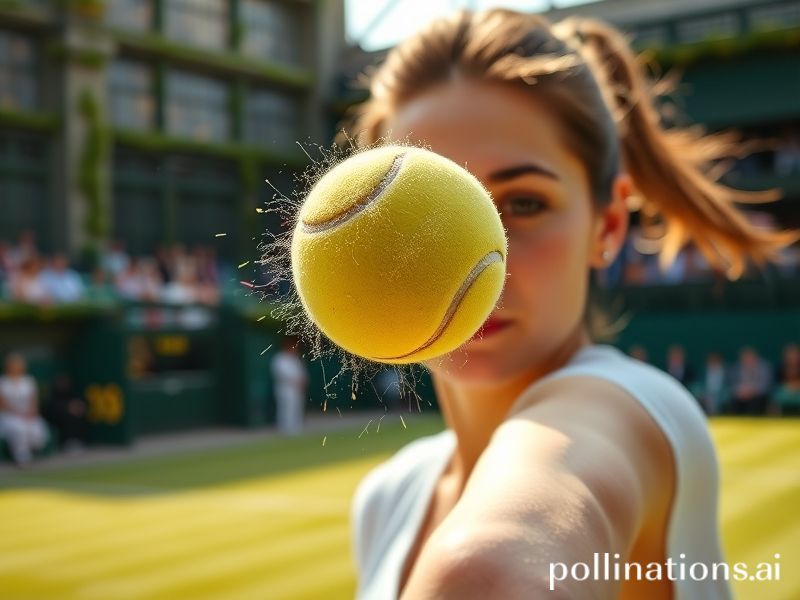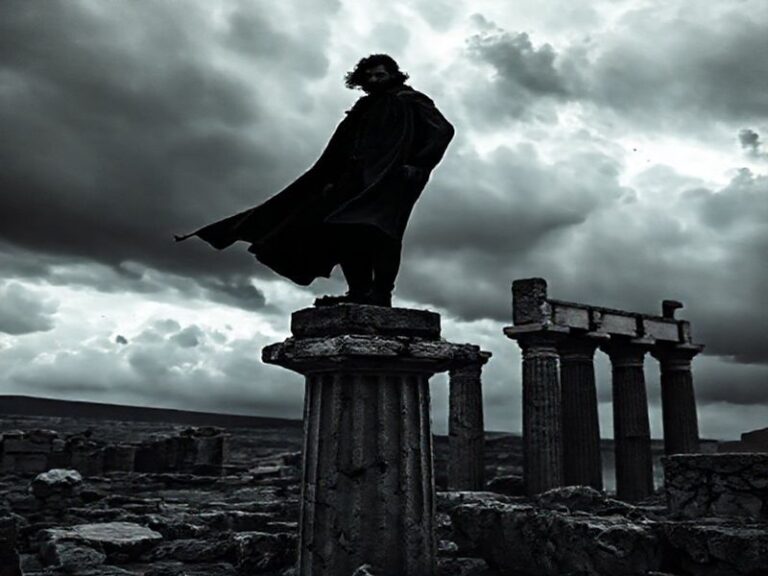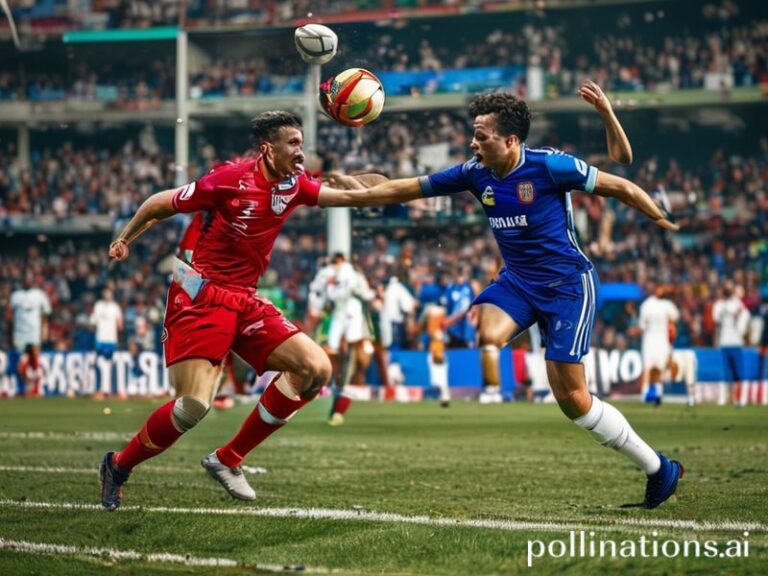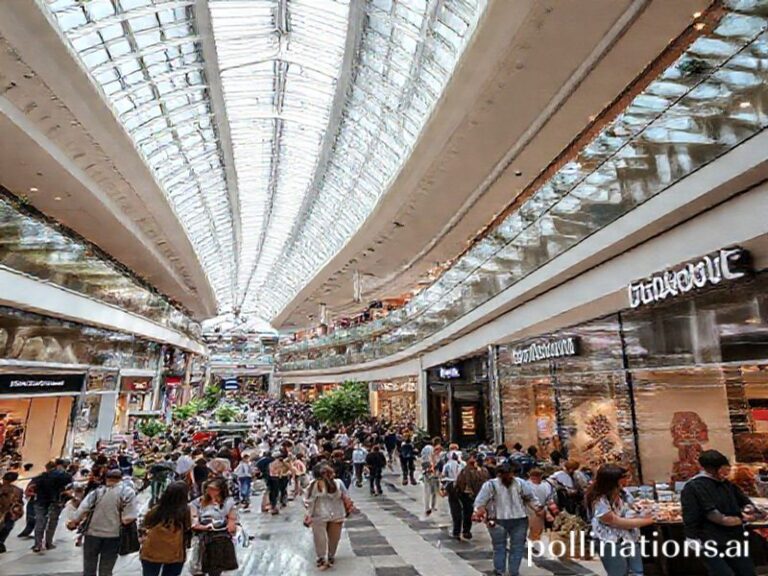Strawberries on the Brink: How Wimbledon Serves Global Power Plays with a Side of Cream
Wimbledon, that annual fortnight in which the grass grows greener, the strawberries grow more expensive, and the British upper lip achieves Olympic-grade stiffness, has once again unfurled its ivy-draped flag over the international conscience. From Lagos to Lima, screens flicker with images of perfectly manicured lawns—lawns that cost more per square meter than a downtown flat in most capitals—while commentators speak in hushed, ecclesiastical tones, as though describing the Second Coming rather than a Serbian’s backhand. In a world where half the population is trying to dodge famine, dictators, or both, the planet pauses to watch two athletes volley a felt ball at 120 mph and pretend it’s civilization’s crowning achievement.
The global implications are, of course, tectonic. Wimbledon is the Vatican of tennis: white-clad acolytes genuflecting before the holy trinity of tradition, strawberries, and corporate hospitality. Nations measure their soft power in strawberries-per-square-inch. China, which last year dispatched more CCTV cameras than ballboys, now sends state media to SW19 to film every grunt for “research purposes.” Meanwhile, Russia—banned in 2022 and still sulking at the gates like a tsarist ghost—has reportedly redirected its propaganda budget to training bears to play doubles in Vladivostok. If you can’t beat them on Centre Court, weaponize ursine nationalism.
The economic ripple effects are equally absurd. Every June, London’s luxury hotels jack up prices faster than a Federer serve, and hedge-fund managers who’ve never broken a sweat outside a sauna discover a sudden passion for baseline rallies. The tournament’s official water comes from the Austrian Alps and is flown in at carbon costs that would make Greta Thunberg weep into her reusable cup. Yet sustainability reports cheerfully note that the plastic lids are “partially compostable,” which is corporate speak for “we tried, now please look at Emma Raducanu’s smile.”
On the geopolitical front, Wimbledon functions as a neutral zone where sworn enemies pretend the other doesn’t exist—sort of like a G7 summit with better catering. Israeli and Qatari dignitaries share strawberries in the Royal Box, their body language calibrated to millimeter precision by PR consultants. Should a ball accidentally land in a VIP section, you can watch entire diplomatic careers pivot on whether the retrieved missile is handed back with a smile or a bow. Last year, a rogue pigeon swooped down on the Duchess of Cambridge’s hat; for three tense seconds, NATO’s Article 5 hung in the balance.
Human nature, never missing a chance to monetize virtue, has turned Wimbledon into a morality play. Players who once thanked God now thank their “mental health teams,” while Nike unveils a new line of biodegradable sweatbands woven from recycled regret. Spectators—many of whom spent a month’s rent for a grounds pass—applaud politely when a 19-year-old qualifier from a war zone loses in straight sets but “shows great composure.” The applause is genuine; the tears, too. We are, after all, paying for the privilege of witnessing resilience in HD.
And yet, beneath the Pimm’s-soaked cynicism, something stubbornly authentic survives. In Nairobi, kids fashion rackets from wire hangers and dream of SW19. In Buenos Aires, a club pro streams the final on a cracked phone while coaching teenagers who’ve never seen real grass. Wimbledon remains a fairy tale with a strict dress code, a reminder that even in our algorithmic age, two humans, one ball, and a rectangle of lawn can still hijack the global attention span.
As the last champagne cork echoes and the ivy is clipped back into submission, the circus packs up. The strawberries return to reasonable pricing, and the world resumes its regularly scheduled disasters. But somewhere a child is practicing a serve, timing the toss against the sound of distant bombs or traffic or silence. Wimbledon ends; the longing doesn’t. And that, dear reader, may be the most international truth of all: we pay homage to grass because we still need somewhere soft to land.







